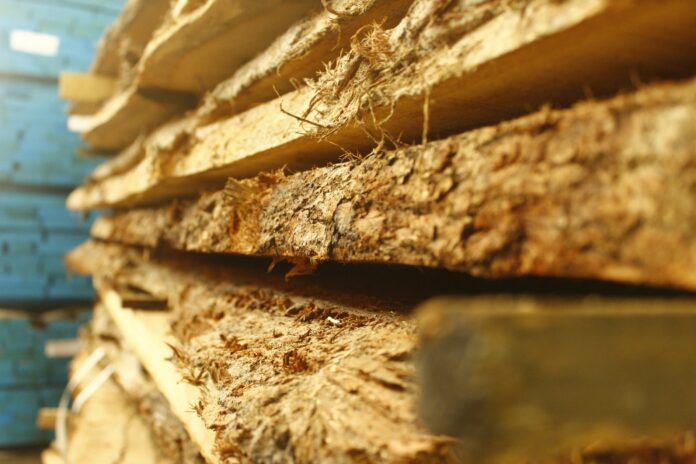The BC Council of Forest Industries began its annual convention Wednesday evening in Vancouver.
Among the topics of discussion this year will be the industry’s call for more and stable access to wood fibre.
Yesterday, the council released a report on the forestry contribution to to the province, pointing out that it generates billions in wages and government revenues, directly employs 49 thousand workers, and contributed $17 billion to GDP in 2022.
Kurt Niquidet, Vice President and Chief Economist at COFI, says following the end of the COVID19 pandemic the forest product markets have changed along other economic dynamics in the sector.
“Industry, government, First Nations, local communities and workers need to come together to address current uncertainty over fibre supply,” according to Niquidet, “and attract the investment required to build on BC’s strategic advantage in the conservation and sustainable management of this renewable resource.”
“It is important to recognize that the direct and indirect economic benefits from the forest sector are linked to annual timber harvest levels.”
Linda Coady, President and CEO of COFI says consistent and sustainable access “is critical to maintaining the core facilities, infrastructure, and workforce that is needed by the sector to evolve and compete in markets for forest products and services,” and to attract new investment to build on BC leadership in forest products production and innovation, and to build on the province’s strategic advantage in conservation and sustainable management of a renewable resource.”
She says the forest industry is in transition and this year’s COFI convention will focus on what’s needed to do differently to move forward.
Torrance Coste of the Wilderness Committee says the concern over fibre supply highlights the over-exploitation of the resource in the past one-hundred years and how important it is to make the paradigm shift in forestry recommended in the Old Growth Strategic Review.
Coste says if the industry is admitting there’s a problem with fibre supplies, then it’s “admitting that the forest industry has been too big in the past,
“Will it ever get back to the size that it was in the 80s and 90s? No, it won’t.”
Coste says unlimited, or increased access to fibre, rather than a conversation around the sustainability of the resource is not the answer.
He notes there has been a century of industrial forestry in BC and if our forests are a truly renewable resource then we should be able to log sustainably in second growth forests the companies have planted and managed.
Coste says if the industry can’t survive without continue access to old growth forests it “raises questions to their claims about the overall sustainability.”
He says we need to shift away from evaluating forests only for the value of the timber that can be harvested from them.




